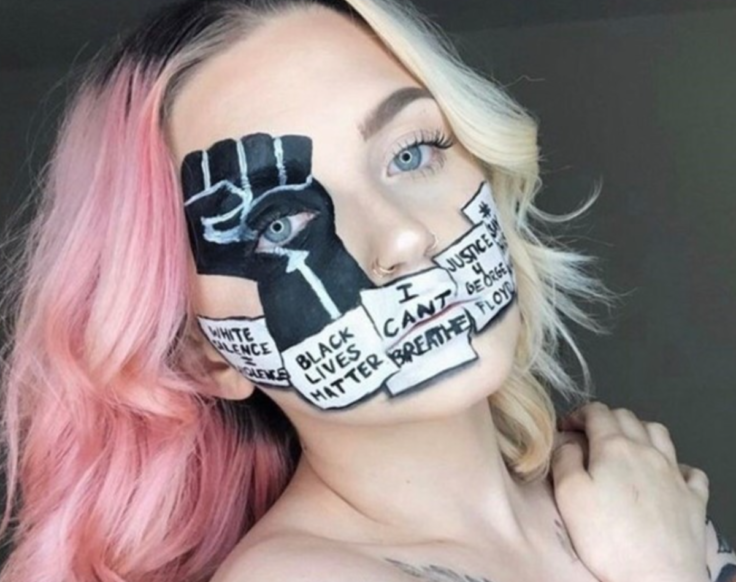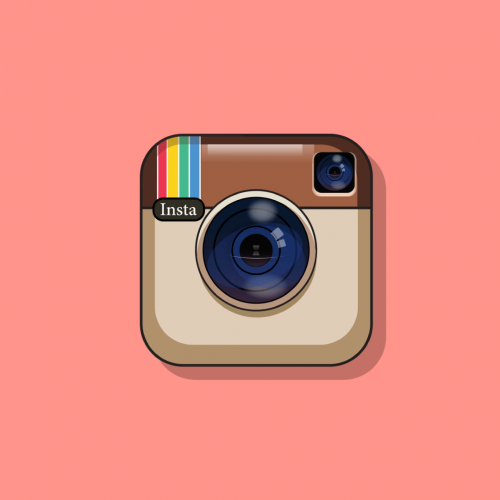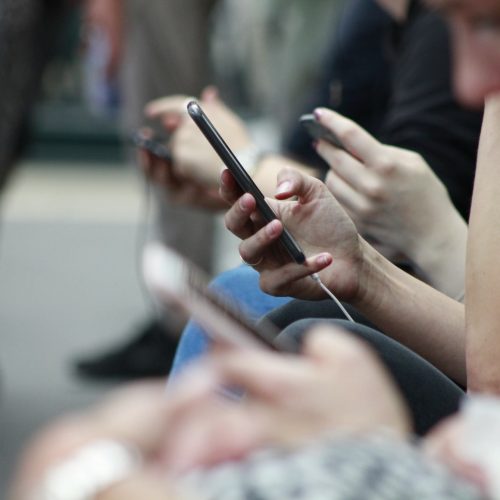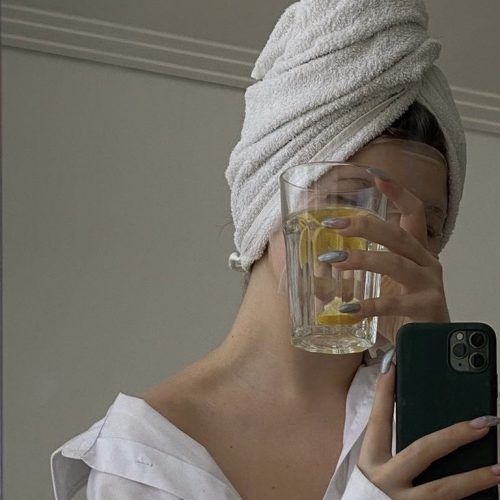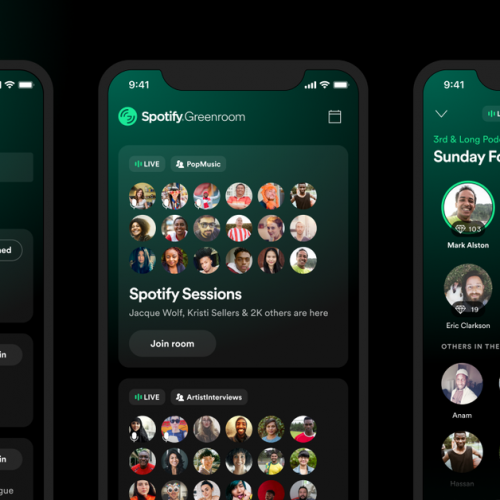We’re living through one of the most unprecedented years in modern history. Not only are we in the midst of a pandemic – we’re also witnessing what is likely to be the peak of the Black Lives Matter movement. Whilst the outcomes of both are still unpredictable, both events will unquestionably make it into our history books.
This isn’t the first time humanity has undergone a pandemic, and it’s certainly not the first civil rights movement either (although BLM is far more global than any in previous years before). It’s social media’s role in our dealings with both experiences that makes it all unparallel.
From the first outbreak of Coronavirus, the inefficiency of typical influencer tropes was inadvertently highlighted. Just days into state-mandated quarantines, the entire industry was put to question. “Will the Lifestyle Survive Coronavirus?”, asked one writer in the Guardian. Business of Fashion called their plunge in brand deals during the pandemic “The Great Influencer Shakeout”.
Influencers who continued to try and sell their audiences products were often shunned. So were those who glamourized quarantine. And following the murder of George Floyd in May, non-black influencers faced backlash for posing in front of demonstrations. Some were also called out for performative activism after having shared black squares on their Instagram profiles, ultimately burying useful content in the #blacklivesmatter hashtag. Those who remained silent were called out and held accountable for their privilege.
Then, there were those who used their platforms to try and be an ally. Kuwaiti influencer Ascia, was one of the few who voiced her commitment to being actively antiracist, handing over her Instagram to Black-Arab women for eight consecutive days to share their experiences and discuss racism in the Arab world.
Needless to say, however, Ascia-type influencers were a rarity, especially in the region. If you’re an influencer, and you still haven’t thought about the ways in which you use your platform during these times, we’ve put together a few tips for you:
Don’t sandwich your vague #BLM statements inbetween bikini pics from your holiday home. It’s a form of performative activism.
Protests are not Coachella, stop treating them like a music festival.
Don’t blindly participate in social media trends without properly researching them.
Don’t give unsolicited advice on coronavirus unless you’re an expert.
Your sponsored content can wait.
Don’t support brands that have problematic ethical standards.
Don’t post vague solidarity statements, use your platform to elevate other voices.
Your “inspirational quotes” by black public figures or civil rights leaders aren’t enough, take the time to read and learn more from them.
No one wants to see your ‘fit pics right now.





